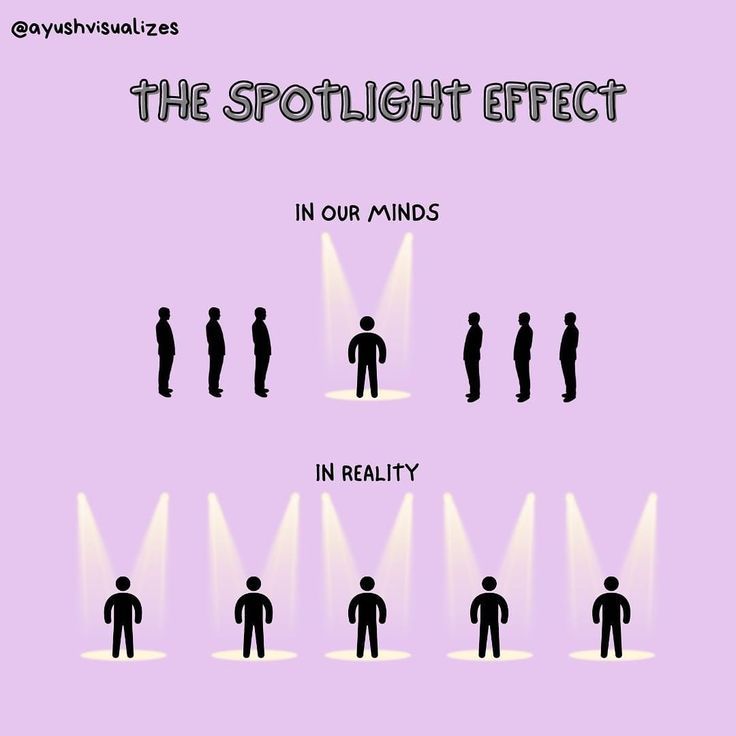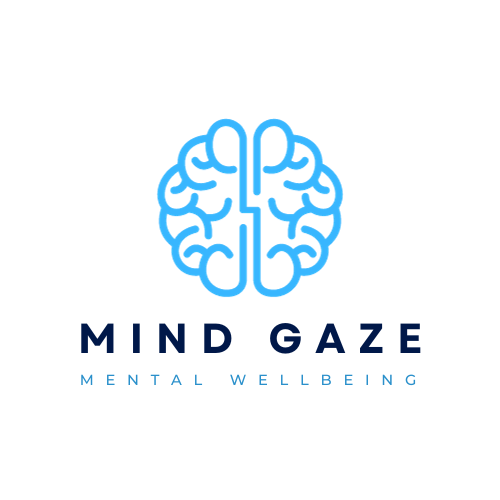Have you ever felt like everyone was staring at you while you were walking down the street, eating in a restaurant, or giving a presentation? If so, you’re not alone. This feeling is called the spotlight effect, and it’s a common cognitive bias that can lead to social anxiety and self-consciousness.
What is the Spotlight Effect?
The spotlight effect is the tendency to overestimate how much other people notice our thoughts, feelings, and actions. In reality, most people are too preoccupied with their own lives to focus on us in the way we think they do.

Why Does the Spotlight Effect Happen?
There are a few reasons why the spotlight effect occurs. One reason is that we are constantly thinking about ourselves and our own thoughts and feelings. This makes us believe that others are doing the same thing. Additionally, we tend to focus on our own mistakes and blunders, while overlooking similar mistakes made by others.
The Spotlight Effect in Action
The spotlight effect can manifest in various situations, both positive and negative. For instance:
- Positive Spotlight Effect: You ace a job interview and feel like everyone in the room is impressed with your performance.
- Negative Spotlight Effect: You trip and fall in public and feel embarrassed, thinking everyone is staring at you.
How to Overcome the Spotlight Effect
Fortunately, there are several techniques you can use to overcome the spotlight effect and reduce your social anxiety and self-consciousness:
1. Practice Mindfulness
Mindfulness involves focusing on the present moment and accepting your thoughts and feelings without judgment. This can help you to become more aware of your own inner world and less focused on what others might be thinking or feeling.
2. Challenge Your Assumptions
When you feel yourself starting to feel self-conscious, challenge your assumptions about what others are thinking about you. Ask yourself if there is any evidence to support your belief that they are noticing your flaws or mistakes.
3. Focus on Others
Shift your attention away from yourself and focus on the people around you. Pay attention to their conversations, body language, and facial expressions. This will help you to see that they are not as focused on you as you might think.
4. Remember that Everyone Makes Mistakes
Everyone makes mistakes, and most people are understanding and forgiving. If you make a blunder in public, don’t dwell on it. Just learn from it and move on.
5. Practice Self-Compassion
Be kind to yourself and accept that you are not perfect. Everyone has areas where they could improve. Instead of beating yourself up over your mistakes, focus on your strengths and areas of growth.
6. Seek Professional Help
If you find that the spotlight effect is significantly impacting your life, such as causing you to avoid social situations or preventing you from pursuing your goals, consider seeking professional help from a therapist or counselor. They can provide you with personalized strategies for overcoming social anxiety and self-consciousness.
Conclusion
The spotlight effect is a common cognitive bias that can cause us to feel self-conscious and anxious. However, there are several techniques you can use to overcome this bias and live a more fulfilling life. By practicing mindfulness, challenging your assumptions, focusing on others, and remembering that everyone makes mistakes, you can learn to accept yourself and interact with the world with more confidence.




